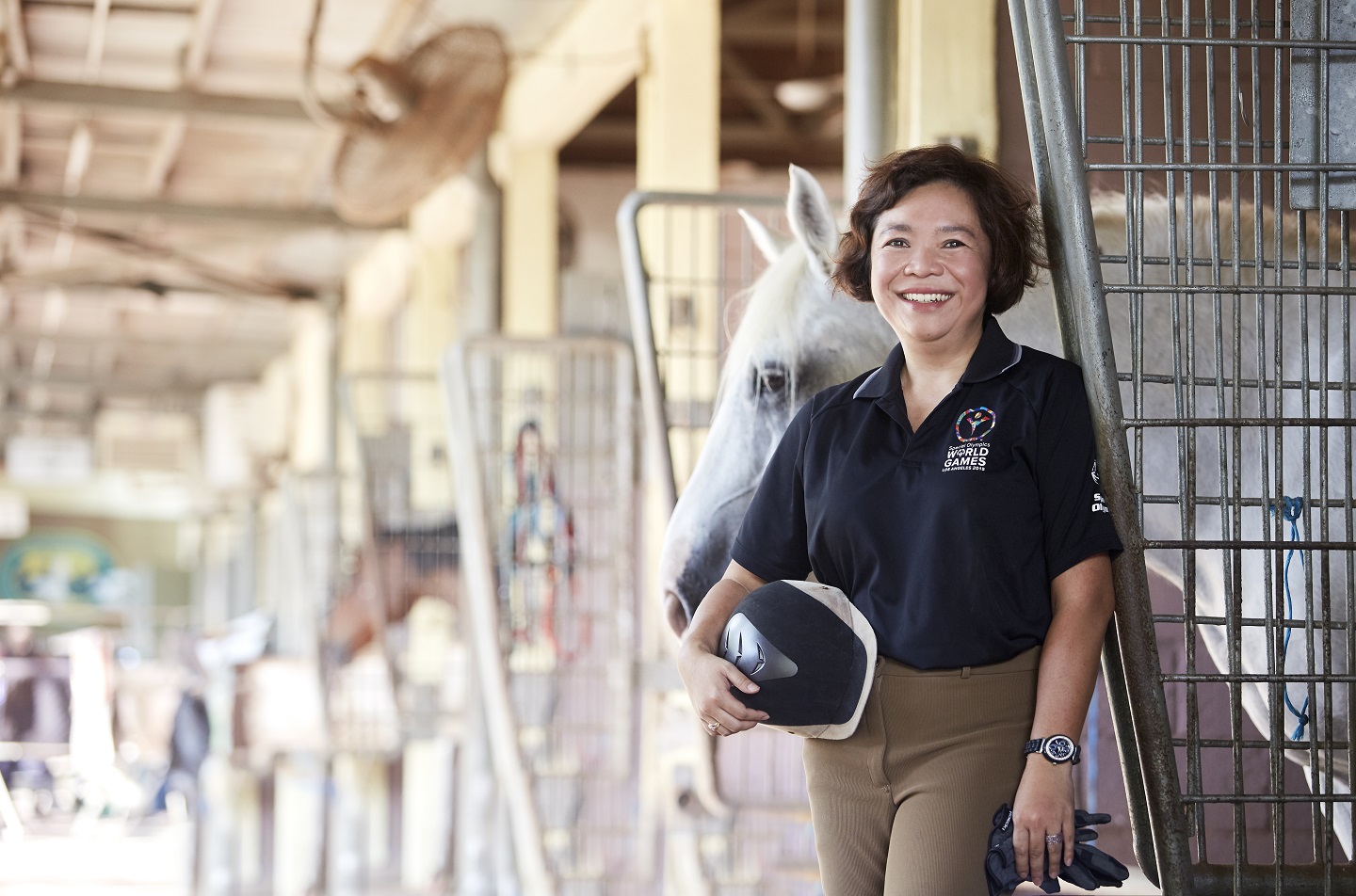
(Photography by SooPhye)
Although it is not on actual record, it is believed that Eunice Kennedy Shriver was inspired by her sister, Rosemary — who had mental disabilities and displayed less academic and sporting potential than her siblings — to establish what would become the Special Olympics in 1962. In those days, children with any form of learning disabilities were treated quite unfairly and often hidden away from the public. This didn’t sit well with Shriver, whose own sister lived in an institution with limited family contact.
It struck Shriver that sport was the perfect therapy for these children and she started a summer camp in her own home in suburban Washington, DC. A revolutionary idea at the time, her goal was to see if these differently abled young people — most of whom also lived in institutions — could participate in sport and physical activities, which would then put the spotlight on what they could do instead of what they couldn’t.
In the 1970s, the Special Olympics movement started to expand outside the US and the stigma facing people with intellectual disabilities was slowly replaced with respect and admiration — on the playing field and off . In the 1980s, the International Olympic Committee (IOC) signed a historic agreement with Shriver and her husband, officially endorsing and recognising the Special Olympics. The last two decades have seen remarkable growth in the visibility and power of the Special Olympics to change lives worldwide, including the establishment of this platform right here in Malaysia.
---
For the full story, pick up a copy of The Edge Malaysia (Apr 30, 2018) at your nearest newsstands. Save by subscribing to us for your print and/or digital copy.


